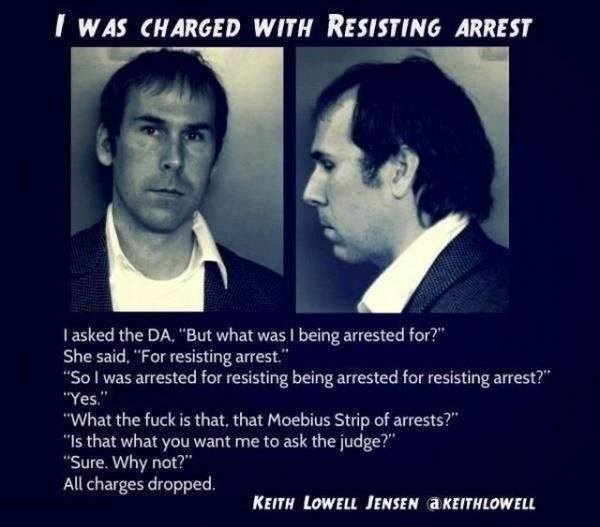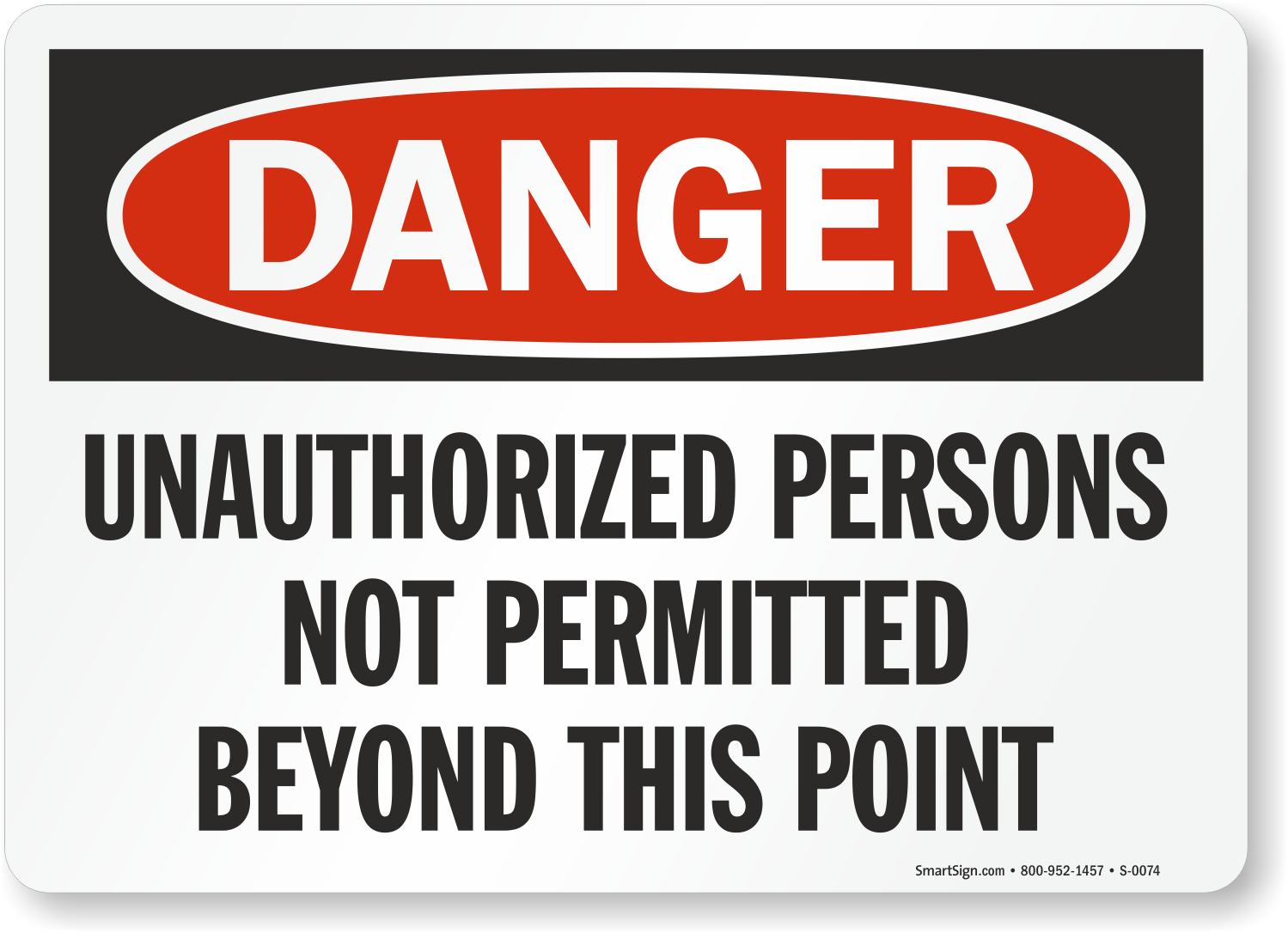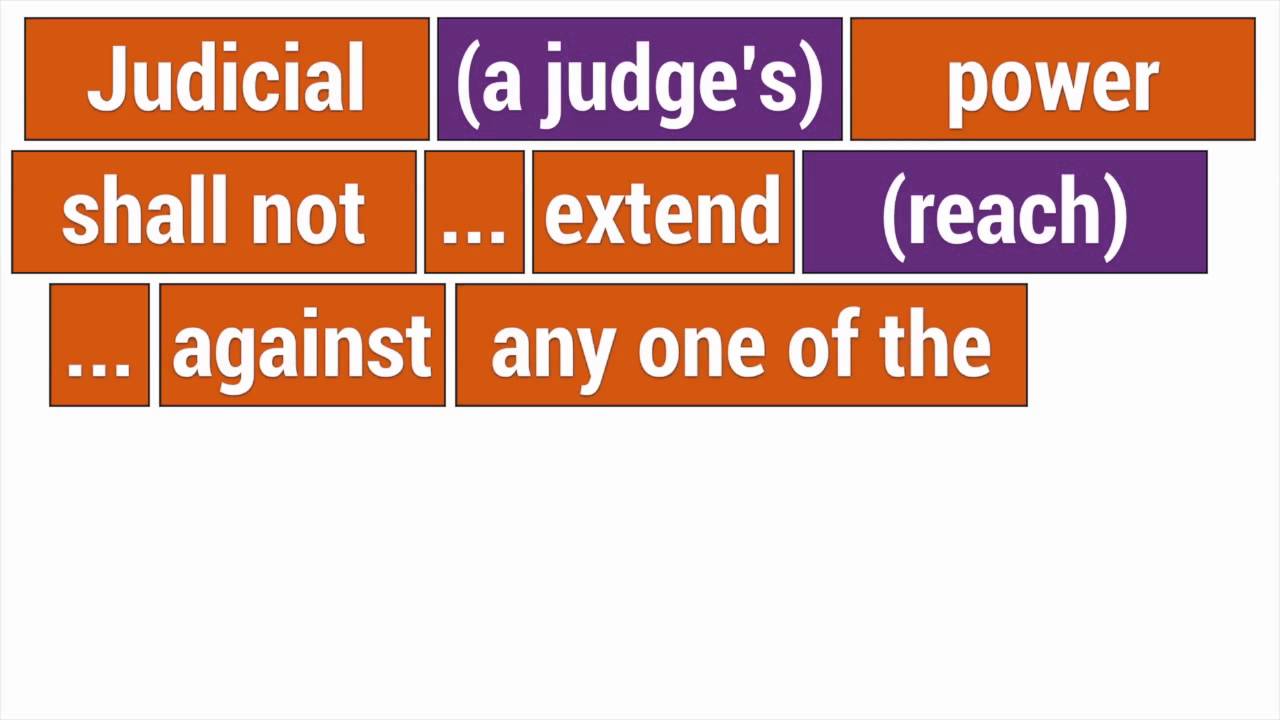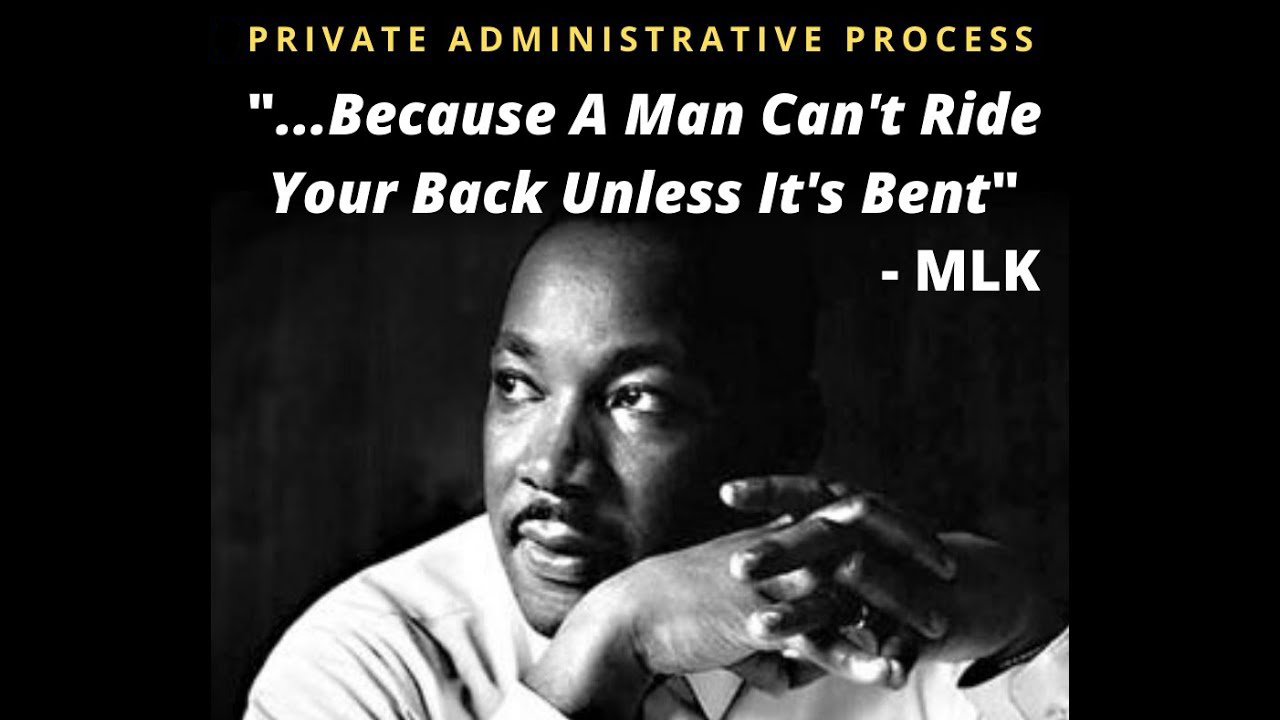Resisting Arrest?
There is no such crime as “resisting arrest” when the supposed arrest is unlawful. This is a fictitious crime dreamed up by law enforcement to accuse a citizen of a…
UNITED STATES rules and regulations only apply to “PERSONS”!
“The Official State Office Known As “PERSON” This is the single most important lesson that you MUST learn. If you spend an hour to learn this material you will be…
“We The People” have 11th Amendment Immunity!
Most people are unaware that “We the people” have 11th Amendment immunity! 11th Amendment Immunity1.) The 11th Amendment under the US Constitution reads as follows: “The judicial power of the…
American Citizen, or U.S. citizen?
There appears to be general misunderstanding by people in general as to the difference between a natural person and an artificial person. This document will explain that difference. John Joseph…
Private Administrative Process
The current commercial process in the world today is a game, is created entirely in the realm of FICTION, operating as private law and private contract between legal fictions, i.e.,…
Lien Up
If some organized crime unit steals your car and then tries to sell it back to you or put a lien on it saying that it was “abandoned” or some…
NOTICE TO PEACE OFFICERS REQUESTING A DRIVER’S LICENSE
Get yourself a printable version HERE and carry it with you when you travel. Even though we know that even when cops know how to read, they usually don’t like…
The “HOPE†Experiment
The “HOPE†Experiment :During a brutal study at John Hopkins University in the 1950s, Harvard graduate Dr. Curt Richter placed rats in a pool of water to test how long…
There is nothing evil about traveling… but it’s not proper.
There’s nothing wrong with being in an automobile, there’s nothing evil about that. Even man’s law, in their own court cases, admit that there’s nothing inherently evil about an automobile;…








